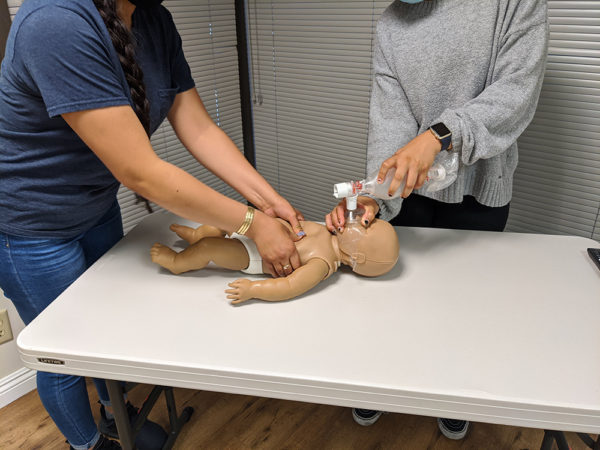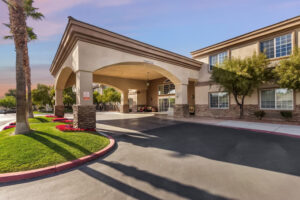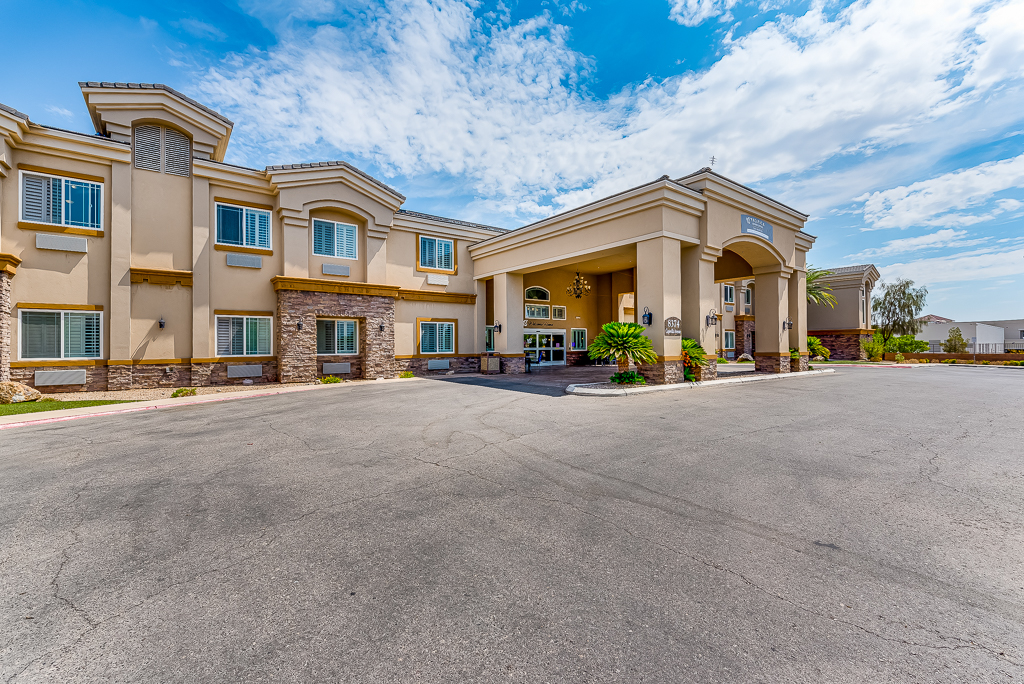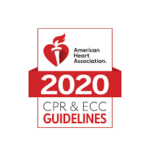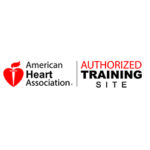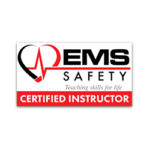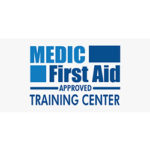“What if I do CPR wrong, will I hurt them?”
One of the greatest fears laypersons have while performing CPR is the fear of hurting the patient. The truth, however harsh, is a person who needs CPR is already considered not living. Worsening the patient’s condition by doing bystander CPR on someone who needs it is therefore not a consideration that should deter bystander CPR. When a person’s heart is no longer able to circulate blood properly to their vital organs such as the brain, the organs will die. This is where chest compressions play a vital role in keeping the patient’s organs oxygenated because our blood carries the oxygen throughout our body.
“What if I break ribs?” This is perhaps the most common question CPR students will ask in a CPR, AED, First Aid class. The response to that question is simple, broken ribs as the result of a patient receiving CPR has a much better outcome versus the outcome for a patient who does not receive CPR. The benefits outway the consequences! Statistics show us that the average layperson who does bystander CPR does not push hard enough, this means that breaking ribs is far less common than people think. Good news, doing layperson CPR can save a life and knowing how to properly perform it can put your mind to ease in the event of an emergency. Taking a CPR, AED, First Aid class with hands-on practice will help elevate some of the anxiety that can accompany such a decision to perform CPR on a patient.
“What if they sue me?”
Luckily, each state has a Good Samaritan law that protects citizens from egregious lawsuits. The Nevada Good Samaritan Act (NRS) 41.500 states that liability of persons who render emergency care is as follows.
“Except as provided in NRS.505, any person in this state, who renders emergency care assistance in an emergency, gratuitously and in good faith, is not liable for any civil damages as a result of any act or omission, not amounting to gross negligence, by him/her in rendering the emergency care or assistance, or as a result of any act or failure to act, not amounting to gross negligence, to provided or arrange for further medical treatment for the injured person.”
“If I perform CPR on someone, will I catch an infectious Disease?”
Although the chances of catching an infectious disease from performing rescue breaths on a patient without a barrier device is very low, we highly recommend the use of a breathing barrier device that is designed to protect a rescuer from such diseases. Chest compression only CPR can also be performed if the responder does not have a proper breathing barrier device or is unwilling to perform breaths on a patient. CPR training will teach you how to use various protective devices properly. Good CPR and bloodborne training is essential to safely responding to emergencies that may arise.

